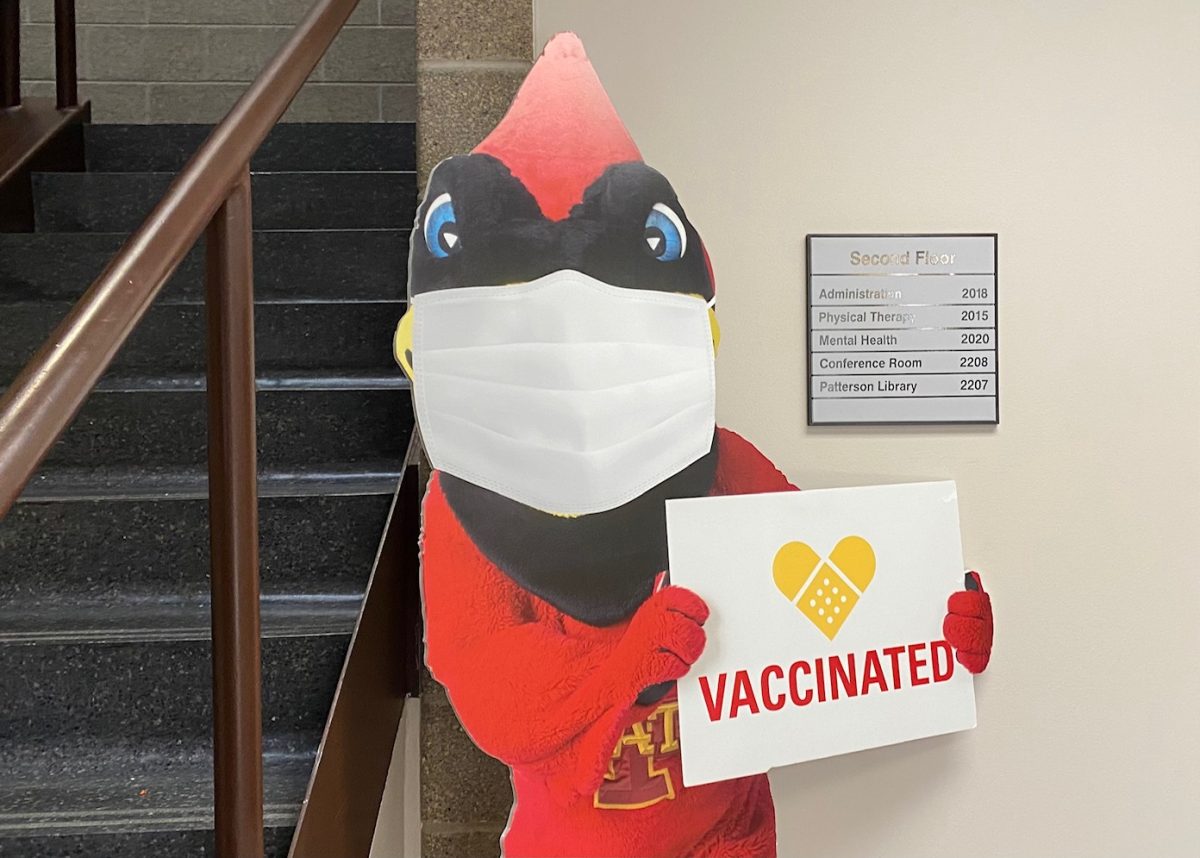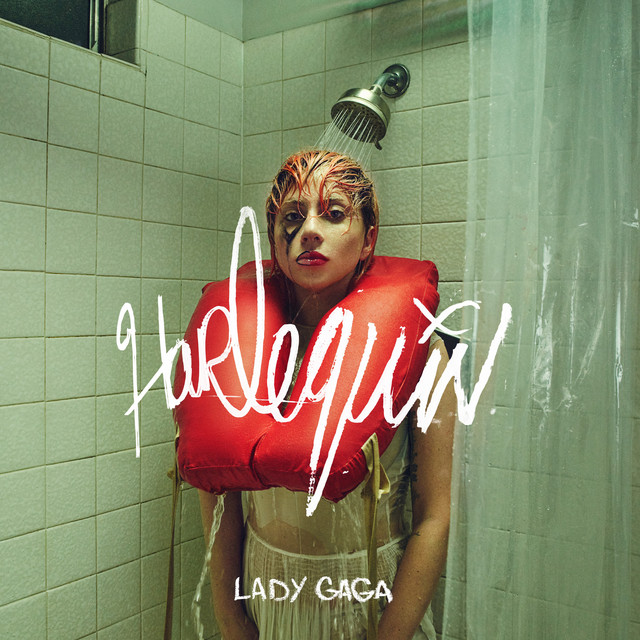Financial woes close gates of Animal Reproduction Laboratory
September 21, 1999
This spring the Iowa State Animal Reproduction Laboratory will close its gates, joining the many farms across the state that were unable to make ends meet in the past year.
Not only does this mark the end of a university farm built solely with grant funding, it means the end of a teaching and research environment like no other animal science facility at ISU.
“The type of research we’re doing there is not really duplicated anywhere else,” said Stephen Ford, professor of animal science.
Ford said the resolution to close the farm, located just 2 1/2 miles south of campus, was based on financial reasons.
“The department chairman said it was totally a financial decision — it had nothing to do with research or teaching,” Ford said.
The farm has been in operation since 1965.
The farms supported themselves, he said, and that has meant that part of the farms’ income was generated through the sale of animals.
When the price of hogs dropped, many ISU farms found themselves in debt, including the animal reproduction farm.
Ford said he is worried about how he and the other professors who held classes on the reproduction farm will be able to teach and conduct research without compromising the quality of students’ education.
However, Lloyd Anderson, distinguished professor in animal science, said the current plan to use the new facilities in Kildee Hall will allow students to work with up-to-date equipment.
“It’s a time of change,” Anderson said.
At the farm, professors Anderson, Ford, Curtis Youngs, Donald Lay and George Brandt taught various classes in animal reproduction.
One positive aspect to having the outside facility was that students were able to view animal reproductive behavior in two different environments, outside and inside, Ford said.
“The biggest challenge is making sure students get the same education and are exposed to the same techniques,” Ford said of the impending change.






